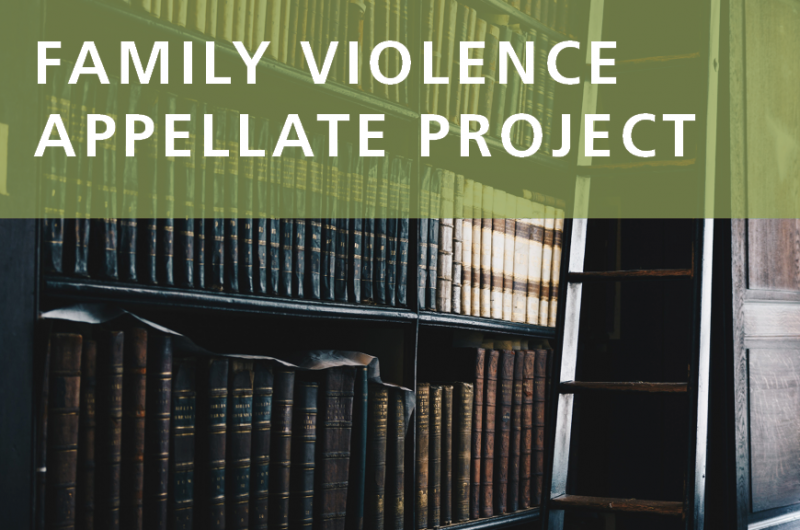Legal Chat with FVAP

- Dates: Dec 7th
- Time: 11:00 AM – 12:00 PM
- Register Here
- Topics will change for each call, but you only need to register once – once you’ve registered for any call, you’re welcome to attend them all and will receive updated announcements as each topic is determined
- Price: Free – Members Only (including all member organization staff)
Organizations have legal needs separate from the legal issues facing survivors and the ways advocates can support them or may themselves be asked to be involved in a survivor’s case. While FVAP is not able to provide expertise in areas such as non-profit organization law, human resources law, etc, we want to connect you with resources, have a space where organizations can share strategies, and see what the gaps are in the support. Directors, human resource administrators and program managers and other agency staff are welcome to attend and share their questions and ideas. The conversation will not be recorded to allow for more open conversations.
Topics will change for each call, but you only need to register once – once you’ve registered for any call, you’re welcome to attend them all and will receive updated announcements as each topic is determined
Dates: Dec 7th
Time: 11:00 AM – 12:00 PM
Topics will change for each call, but you only need to register once – once you’ve registered for any call, you’re welcome to attend them all and will receive updated announcements as each topic is determined
Price: Free for members and their staff; $35/Non-members
October Topic: Presenting Coercive Control:
Description: The coercive control sections of the Domestic Violence Prevention Act (DVPA) Family Code Sections 6320(c)(1)-(5) explicitly defines the term “coercive control” and provides some specific examples. The language was added in part to help address the problem of courts not recognizing these acts as domestic violence despite meeting the definition under the DVPA. Survivors were not getting the protection they qualified for as a result. So the language is here and reproductive coercion has been added but change can be slow. Survivors whether unrepresented or not are still being asked to show why acts of coercive control are domestic violence and some courts are still unwilling or unable to see a “pattern of behavior that in purpose or effect unreasonably interferes with a person’s free will and personal liberty” for what it is. This chat will be a discussion of what has been working and was has not in presenting coercive control and getting a court to recognize behavior as coercive control or that it is domestic violence. Please bring your ideas, experiences and thoughts to share as we discuss what we can do to keep pushing for change.
Presenters:
Arati Vasan (she/her/hers) is a Senior Managing Attorney at Family Violence Appellate Project (“FVAP”). She represents survivors of gender-based and family violence on appeal and oversees FVAP’s training and law clerk/fellow programs. Arati provided full-scope family/civil court representation for survivors of domestic violence, sexual assault, and stalking in the Bay Area for almost a decade before joining FVAP. In 2009, she received her California Domestic Violence Counselor certification through San Francisco’s Asian Women’s Shelter. Since 2008, Arati has been a volunteer with Narika, a domestic violence agency primarily serving South Asian survivors.
Jodi Lewis (she/her/hers) recently joined the Family Violence Appellate Project as a Senior Managing Attorney. Prior to joining FVAP, Jodi was the Legal Director, for over ten years, for the Women’s Resource Center, a non-profit organization in Pennsylvania that provided civil legal representation to survivors of domestic and sexual violence. Jodi has also been a prosecutor in the New York County District Attorney’s Office. Jodi has presented at numerous conferences and trainings on a range of topics affecting survivors of domestic and sexual violence and provided written testimony to judicial committees on custody matters. Over the last two years, Jodi has published several articles on domestic violence, including “The Stability Paradox: The Two-Parent Paradigm and the Perpetuation of Violence Against Women in Termination of Parental Rights and Custody Cases.”
Questions? Please contact Michell Franklin, Michell@cpedv.org

